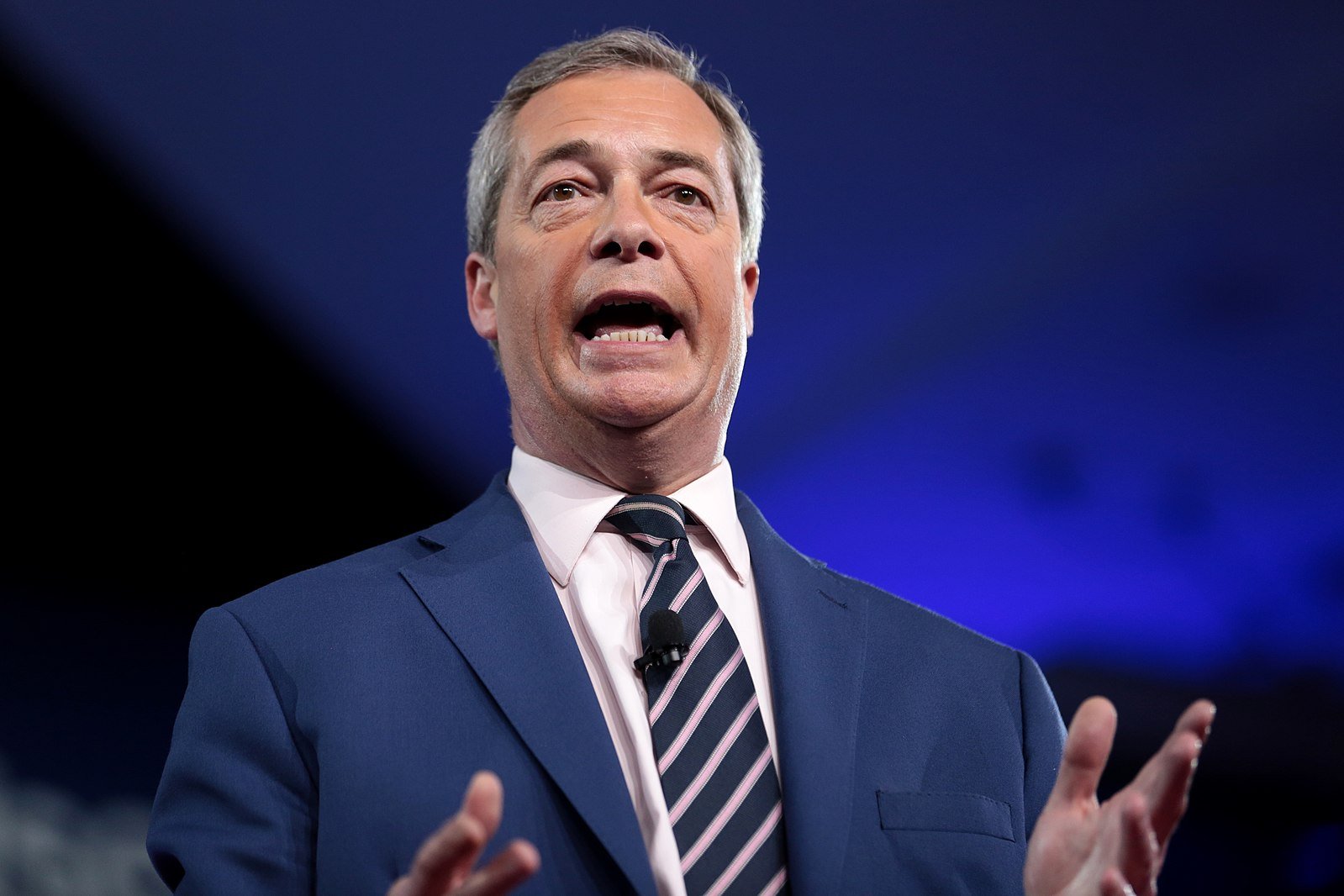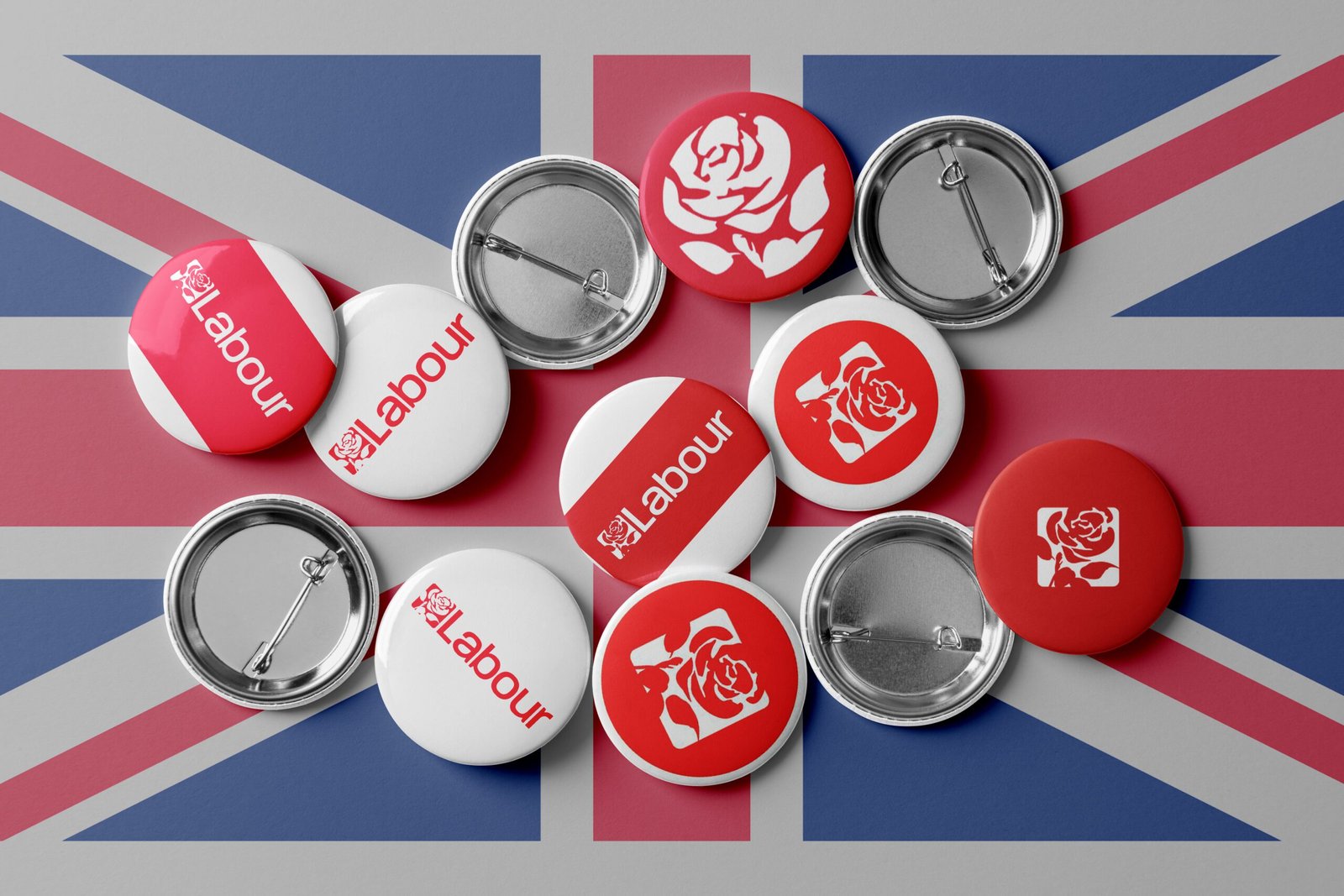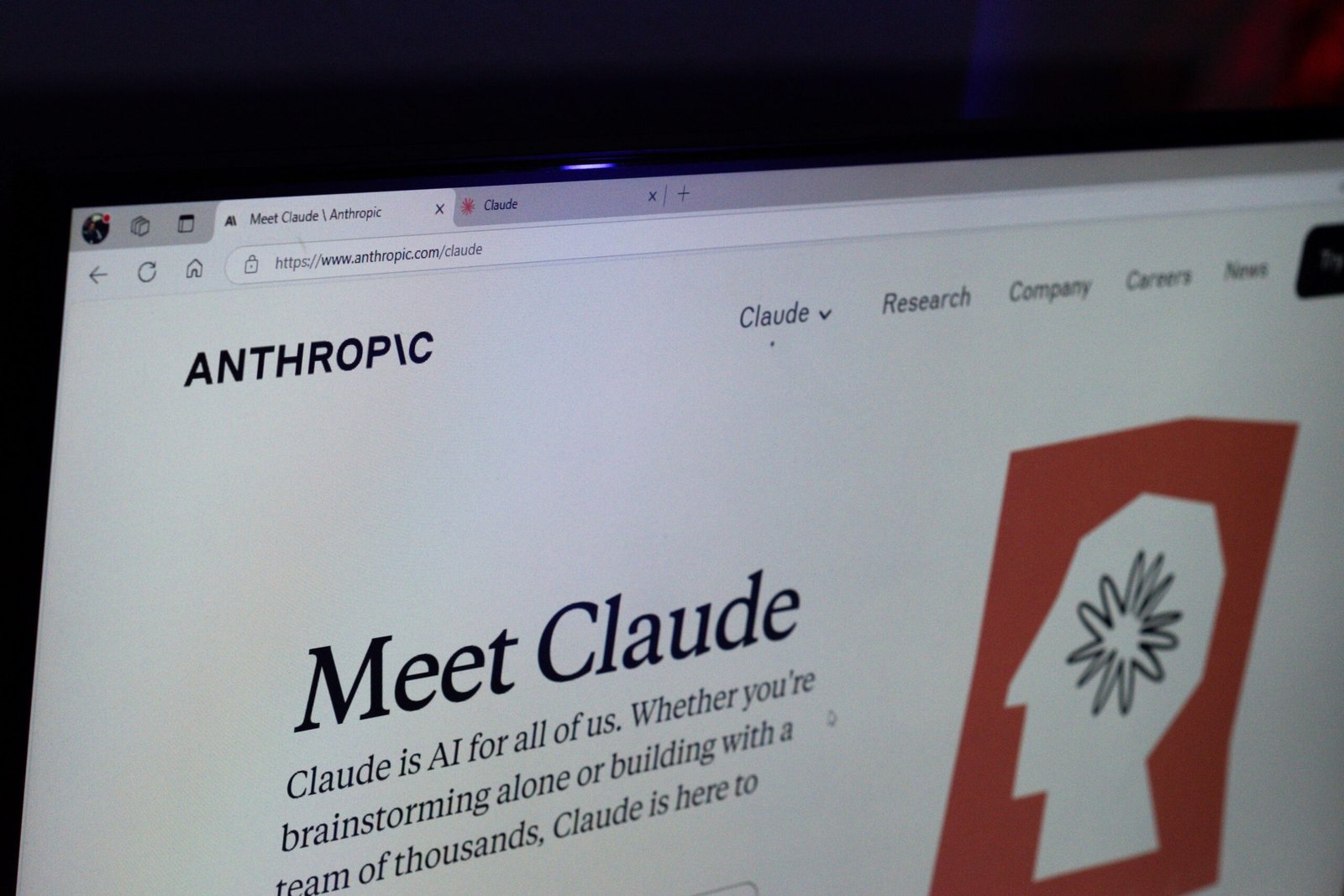
In a political landscape increasingly defined by bold claims and populist rhetoric, Nigel Farage’s Reform UK has thrust itself into the spotlight with a series of ambitious policy proposals. However, as the dust settles, questions arise about the feasibility and fiscal responsibility of these pledges. The Guardian
A Vision of Tax Cuts for the UK and Family Support
At the heart of Reform UK’s platform is a sweeping tax reform: raising the income tax threshold from £12,570 to £20,000. This move, aimed at alleviating the financial burden on low-income earners, is estimated to cost between £50 billion and £80 billion annually. Complementing this are proposals to scrap the two-child benefit cap, restore universal winter fuel payments, and introduce a £1,000 tax break for married couples. Farage frames these initiatives as a means to support families and encourage population growth, citing the UK’s declining birth rate as a pressing concern.
In his own words, Farage describes this package as a “pro-family, pro-growth” approach to reversing what he terms the “demographic time bomb” facing Britain. He argues that without decisive action, the country will struggle to sustain its public services, pension system, and economic growth, as the working-age population continues to shrink relative to retirees. The two-child benefit cap, introduced in 2017 by the Conservative government, has long been a target of criticism from anti-poverty campaigners, who argue it disproportionately affects low-income families and exacerbates child poverty. Farage’s pledge to remove the cap is seen by some as a surprising shift from his traditionally tough stance on welfare spending, though he insists it’s about creating the right incentives for families rather than expanding the welfare state.
Similarly, the restoration of universal winter fuel payments—scrapped for higher-income pensioners in recent years—aims to ensure no elderly person is left struggling to heat their home. The £1,000 tax break for married couples, meanwhile, is framed as a nod to “traditional family values” and an incentive to stabilise family structures in an era of increasing social fragmentation. However, critics have pointed out that these benefits may disproportionately favour higher-income households, raising questions about how much of the proposed tax relief would genuinely support those most in need. As the debate intensifies, Farage maintains that his platform is about “rewarding responsibility” and giving families “the breathing space they need to thrive.”
Funding the Dream: Scrapping Net Zero and Cutting ‘Waste’
To finance these extensive plans, Farage suggests eliminating the UK’s net zero commitments, which he claims would save £45 billion. Additional savings are projected from halting illegal migration (£4 billion) and abolishing diversity and inclusion initiatives (£7 billion). However, experts challenge these figures. The Climate Change Committee notes that net zero investments are largely driven by the private sector, with the government’s net annual cost being around £4 billion. Similarly, the Institute for Fiscal Studies estimates that cutting diversity programs would yield savings of less than £50 million.
Critics Cry ‘Fantasy Economics’
The response from economists and political opponents has been swift and scathing. The Institute for Fiscal Studies warns that Farage’s funding plans are overly optimistic and lack detail, potentially necessitating deep cuts to public services. Labour’s Shadow Chancellor, Mel Stride, dismissed the proposals as “fantasy economics,” while Green Party co-leader Adrian Ramsay accused Farage of prioritising fossil fuel interests over genuine concern for working families.
Yet beneath the criticism lies a deeper question: are the traditional parties offering a compelling alternative, or are they simply clinging to the status quo? While economists rightly challenge the maths behind Reform UK’s policies, there’s also a growing sense that mainstream politics has failed to address long-standing voter frustrations—rising living costs, a creaking NHS, and stagnant wages. Farage’s appeal isn’t solely about numbers; it’s about a narrative that frames him as the outsider, the one willing to ‘rip up the rulebook’ and challenge economic orthodoxy.
Critics might call his plans reckless, but there’s an argument to be made that bold ideas—however flawed—can force the political conversation in new directions. By proposing radical tax reform, Farage is effectively daring the other parties to respond with more than cautious tweaks to an economic model many feel is no longer working. Whether Reform UK’s proposals stand up to scrutiny or not, they’ve exposed a deeper malaise in British politics: a lack of daring vision from those who seek to lead. As the election draws nearer, voters will have to decide whether they want bold promises that may not add up—or incremental changes that risk solving little.
A Political Gamble Amidst Shifting Tides
Despite the criticism, Reform UK’s message resonates with a segment of the electorate disillusioned with traditional parties. The party’s recent success in the Runcorn and Helsby by-election, where they narrowly defeated Labour, underscores their growing influence. Farage’s strategy taps into public frustration over economic challenges and a desire for straightforward solutions.
For many voters, particularly those in areas that feel left behind by economic change, Reform UK’s plain-speaking style and bold promises offer an appealing alternative to the established political order. They see Farage as a figure who is unafraid to challenge political correctness and to speak out on issues that matter to them, such as immigration, tax burdens, and national sovereignty. The party’s success in Runcorn and Helsby—a traditionally Labour-leaning seat—signals a potential shift in the political landscape, with voters looking beyond the traditional Labour-Conservative binary for answers.
Farage’s ability to connect with this sense of discontent is not to be underestimated. His campaign events are often packed with supporters who feel that mainstream politicians have ignored their concerns for too long. Many cite issues like the cost-of-living crisis, rising taxes, and what they perceive as excessive government interference in daily life as key drivers of their support for Reform UK. While critics accuse Farage of offering simplistic solutions to complex problems, supporters see him as a breath of fresh air in a stale political scene. With a general election on the horizon, Farage’s growing base of supporters could yet reshape the political narrative in ways the traditional parties are only just beginning to grasp.
Conclusion: Between Vision and Viability
Nigel Farage’s Reform UK presents a vision that appeals to many voters seeking change. However, the lack of concrete funding strategies and the potential impact on public services raise significant concerns. As the UK navigates complex economic and social challenges, the electorate must weigh the allure of bold promises against the necessity for pragmatic, sustainable policies.
https://northernscroll.co.uk/category/politics
Imgae – Gage Skidmore from Peoria, AZ, United States of America, CC BY-SA 2.0 https://creativecommons.org/licenses/by-sa/2.0, via Wikimedia Commons




